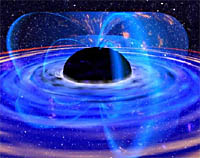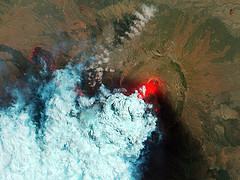
Volcanoes & the Atmosphere (start time 6:17): We’ve known for a long time that volcanic particles and gases can travel around the world, often affecting climate. The 1815 eruption of the Indonesian volcano Tambora chilled New England and Europe, resulting in what came to be known as “the year without a summer.” More recently, the 1991 eruption of Pinatubo in the Philippines cooled temperatures throughout the Northern Hemisphere by up to 0.6 degrees Celsius. Those were both sizable eruptions. Co-host Beth Bartel talks with Bill Randel, division director of the Atmospheric Chemistry Division at the National Center for Atmospheric Research, about what a mid-sized eruption in the horn of Africa can tell us about atmospheric circulation.

Traffic in Beijing (start time 15:13): A new study shows that China gets a gold medal for dramatically reducing carbon dioxide emissions during the 2008 Olympics in Beijing. Yes, that’s Beijing, one of the most polluted cities in the world. The new study shows that China severely restricted auto traffic in the city, leading to a major reduction in global greenhouse gas emissions. In fact, it could be enough to make a dent in curbing climate change if similar efforts were to be made in cities around the world, and on a sustained basis. Co-host Susan Moran discuss the new paper and its implications with Helen Worden of the National Center of Atmospheric Research.
Hosts: Beth Bartel and Susan Moran
Producer: Beth Bartel
Engineer: Jim Pullen
Additional contributions: Shelley Schlender
Executive Producer: Susan Moran
Podcast: Play in new window | Download (Duration: 24:32 — 22.5MB)
Subscribe: RSS




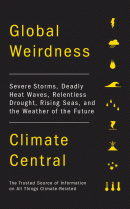

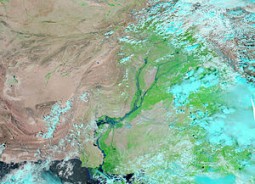
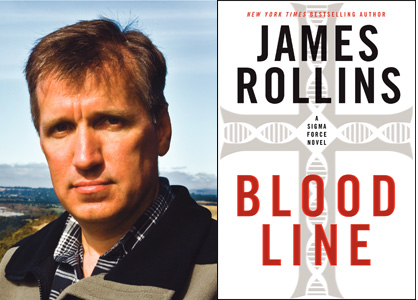
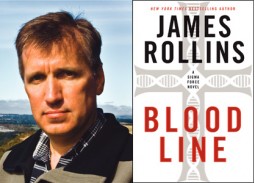

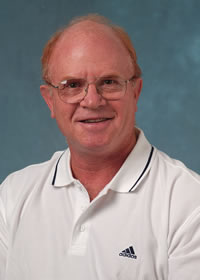

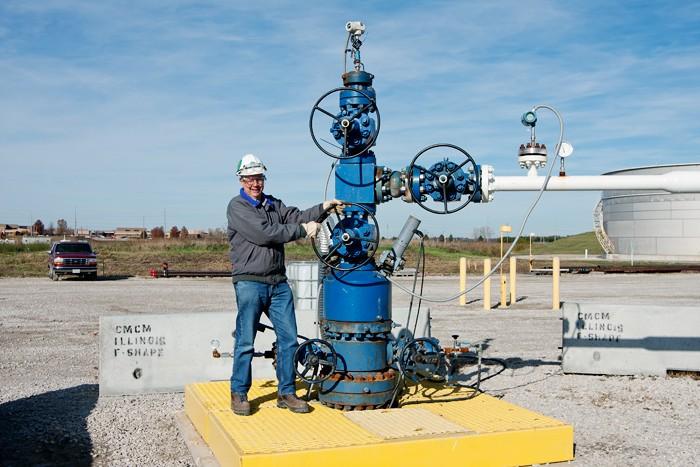

 Colorado Clean-tech Industry (Start time 16:14): It’s not news that we are in an economic downturn. Nor is it news that the world is facing monumental environmental problems. How about a way to kill two birds with one stone? Co-host Tom McKinnon discusses how with Wayne Greenberg, director of the Fellows Institute, which is sponsored by the
Colorado Clean-tech Industry (Start time 16:14): It’s not news that we are in an economic downturn. Nor is it news that the world is facing monumental environmental problems. How about a way to kill two birds with one stone? Co-host Tom McKinnon discusses how with Wayne Greenberg, director of the Fellows Institute, which is sponsored by the 
 With record high temperatures along with record low snowpack, the Colorado Front Range has been ravaged by increasingly expensive wildfires. For today’s show, How on Earth brings in two fire experts for a panel discussion.
With record high temperatures along with record low snowpack, the Colorado Front Range has been ravaged by increasingly expensive wildfires. For today’s show, How on Earth brings in two fire experts for a panel discussion. 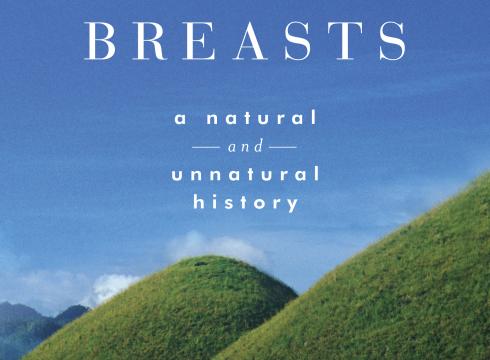
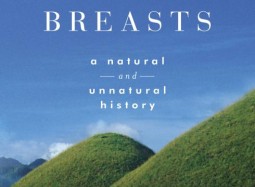
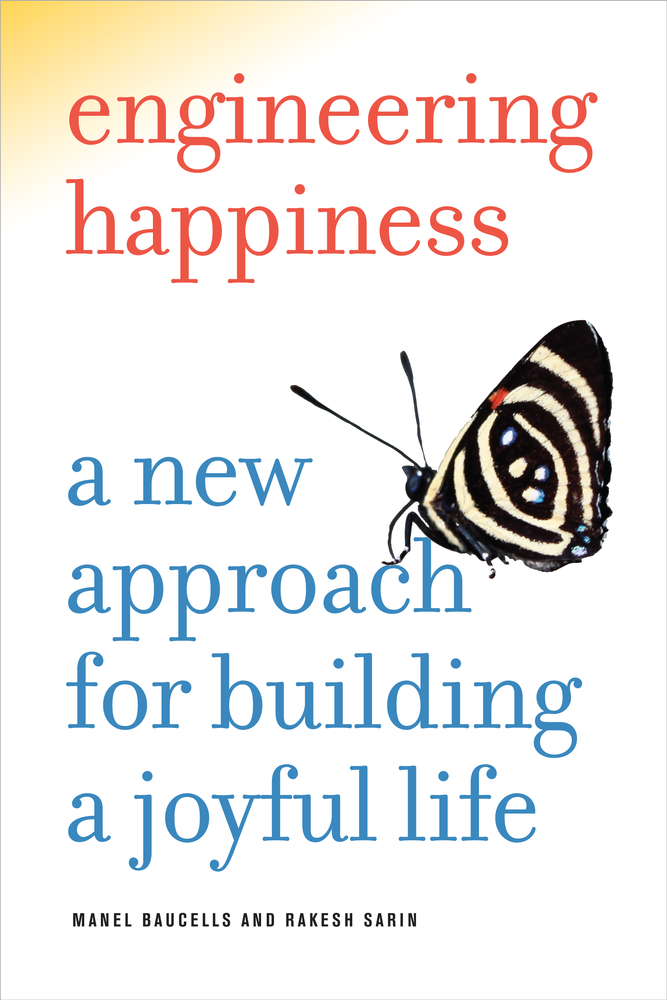
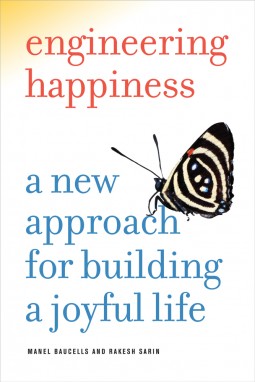 Engineering Happiness (start time 05:09): You may think the key to happiness lies in money, or love, or more vacation days. But what it really comes down to is math — a mathematical formula, actually. At least that’s according to a recently published book, called “
Engineering Happiness (start time 05:09): You may think the key to happiness lies in money, or love, or more vacation days. But what it really comes down to is math — a mathematical formula, actually. At least that’s according to a recently published book, called “